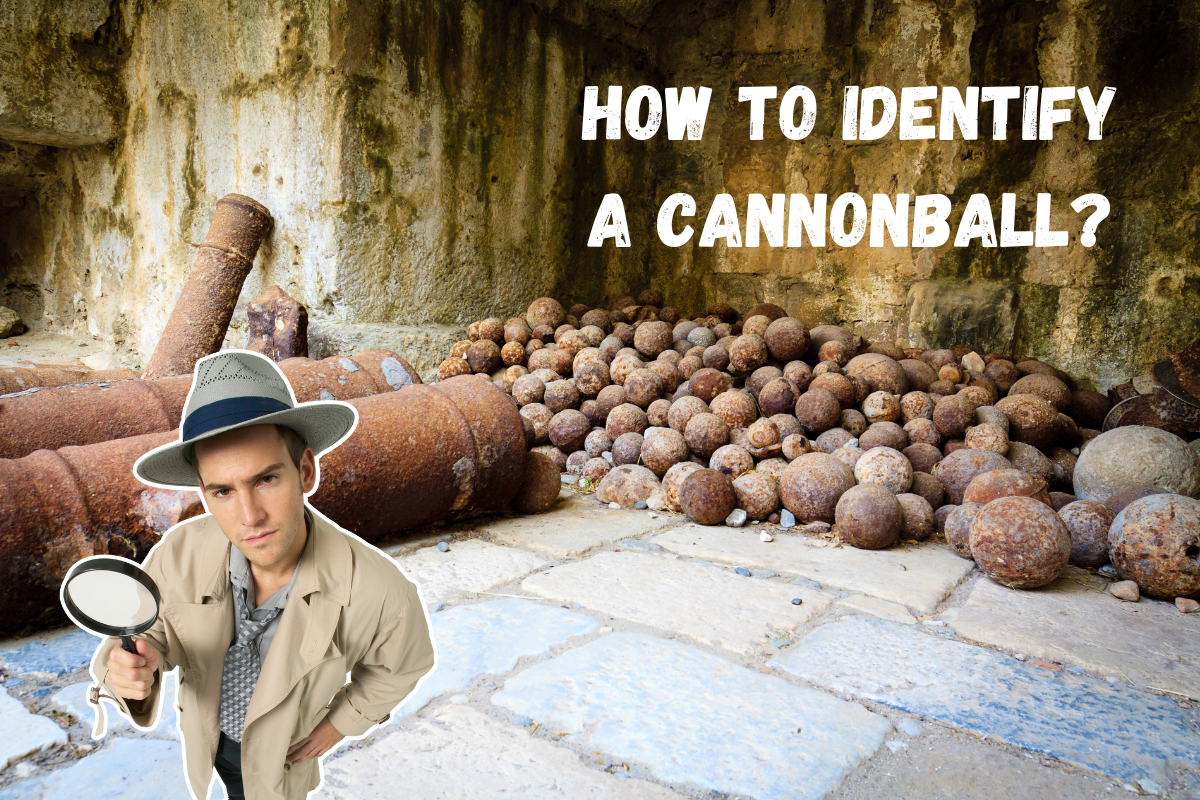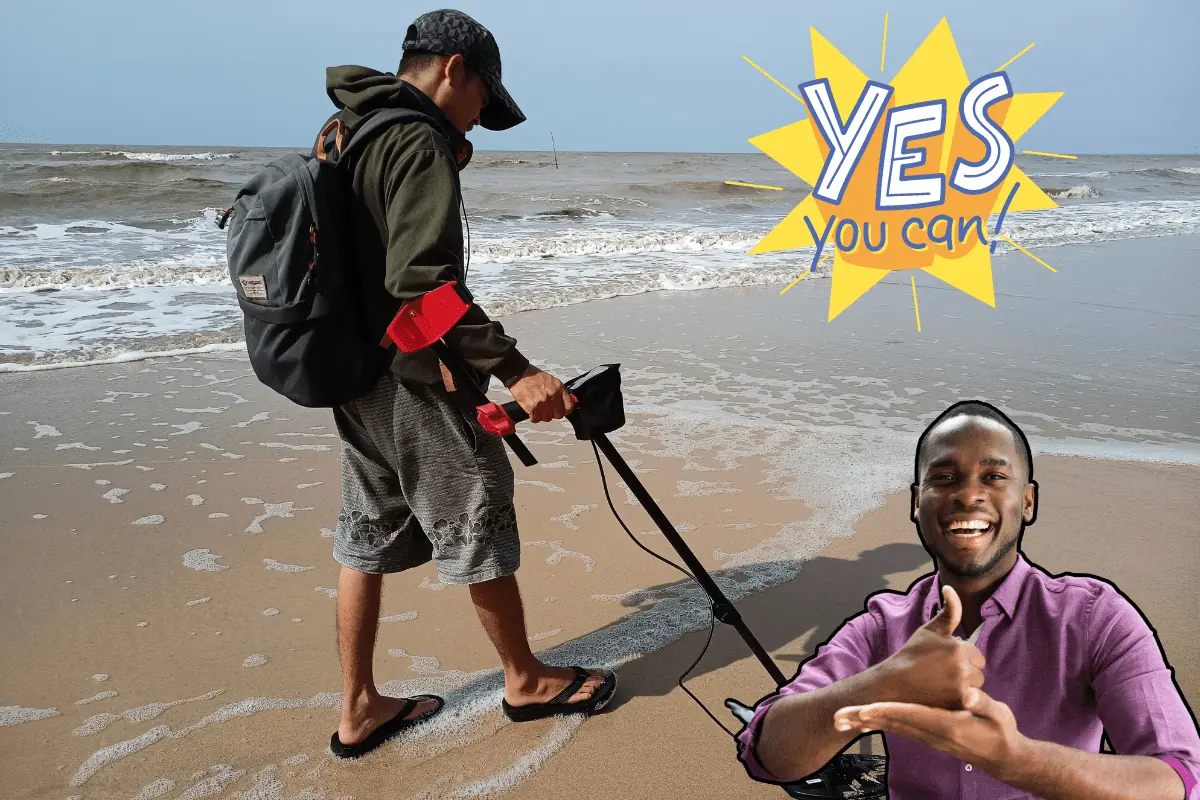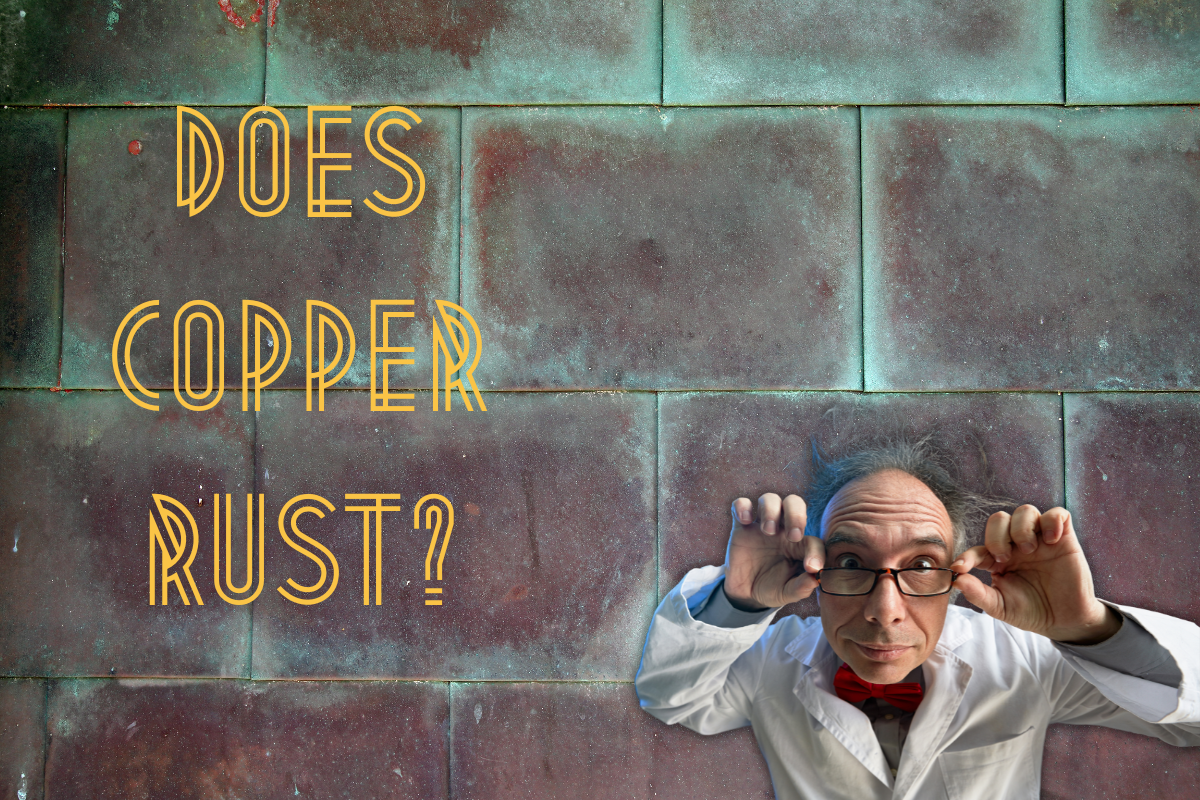If you’re a treasure hunter, avid beachcomber, or novice metal detectorist, you’ve heard the debate and probably have some opinions on it yourself.
Well, now it’s our turn.
In this post, we’ll answer the question, do metal detectors work better when the ground is wet?
Most experienced detectorists agree on the answer, and there’s a fair amount of data to back it up.
But it’s not all pointing in one direction. There are some opposing factors to consider and we’ll cover them here, as well as some other related topics for your wet adventures!
Do Metal Detectors Work Better When the Ground Is Wet?

The ground conducts electricity better when it is wet. This means that metal detectors will have an easier time picking up on metal objects that are buried in wet ground due to their increased conductivity.
However, there are some considerations to this statement that we should walk through.
For instance, not all water is created equal.
Pure water is not a good conductor of electricity by itself as pure water contains no ions for the electricity to travel through. Distilled water, like deionized water, is unable to allow the flow of electricity through it.
However, most of the water that we come into contact with every day is not pure.
It contains minerals and other dissolved materials that act as electrolytes and allow electricity to flow freely through them.
This is why metal detectors work better when the ground is wet. Because the metal objects buried in the ground are also more conductive when they are wet, like aluminum foil or copper.
Do Metal Detectors Work on Wet Ground?
For further consideration, the increased conductivity of metal objects and wet ground can also be attributed to what is called the halo effect…we’ll get to that in a minute.
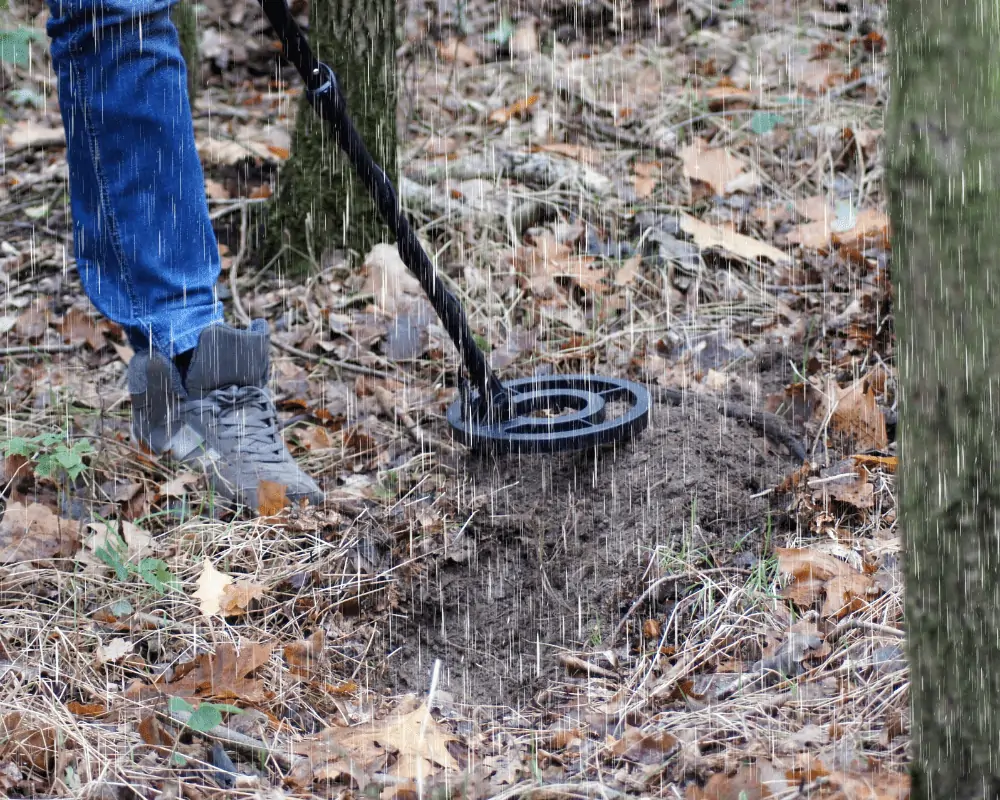
Metal detectors work on the wet ground because the water allows for the amplification of any electrical conductor it touches, like the soil and any buried metals.
These buried metal objects can emit a very strong electromagnetic field around them, known as the halo effect.
When the ground is wet, the water creates a more even and consistent field around the metal object, making it easier for metal detectors to pick up on.
To a metal detector and the detectorist interpreting the signals, this halo seems large and can actually be deceiving as you might read the returned signal as something other than what it is.
In fact, the more conductive a metal is, the bigger the halo you’ll experience. This might sound like a good thing, and it can be, but there are also some concerns.
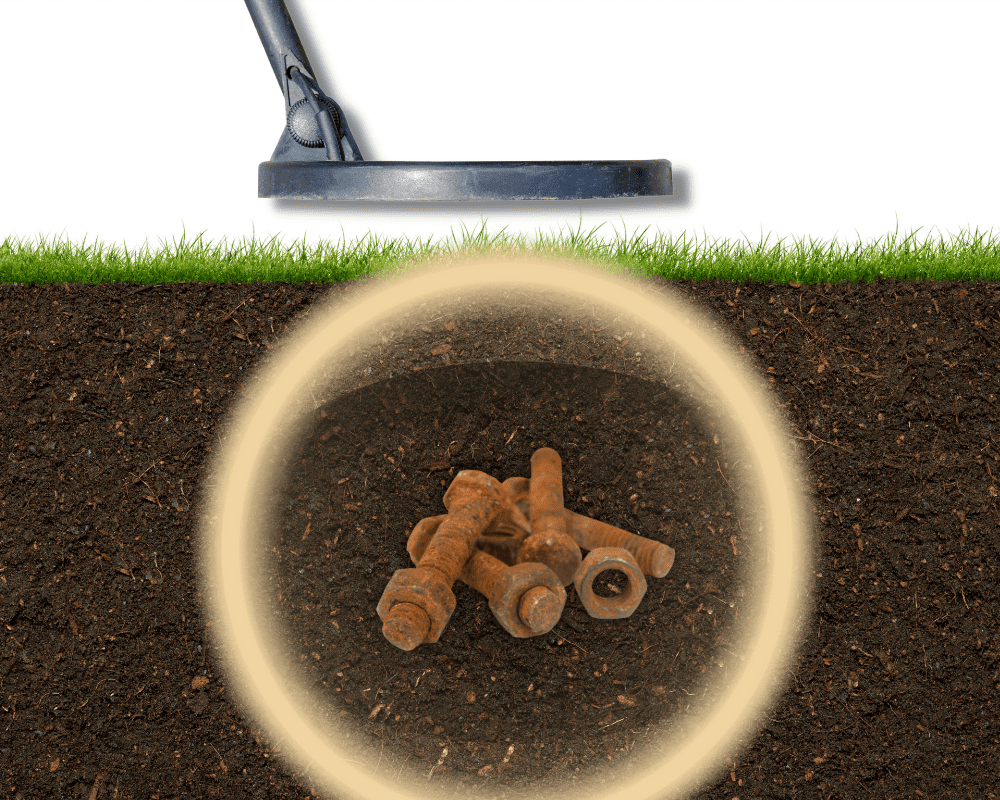
Take iron as an example. I doubt you’re getting up in the morning excited to dig up a whole bunch of rusty iron bolts.
But the truth is, iron is an extremely good conductor of electricity.
If your metal detector is picking up on the halo effect of an iron-rich field, you can be sure that these iron pieces are blocking the detection of other less conductive metals nearby.
Maybe even some valuable ones.
Furthermore, if you detect a buried metal object because of an underlying halo, don’t count on it for too long to trace your signal.
As soon as you start to dig for the metal you detected, the halo will collapse around the movement of dirt. Unless you start using your pinpointer with some patience or are just really committed to the dig, you’ll think your metal detector is giving off false signals.
But don’t let this discourage you!
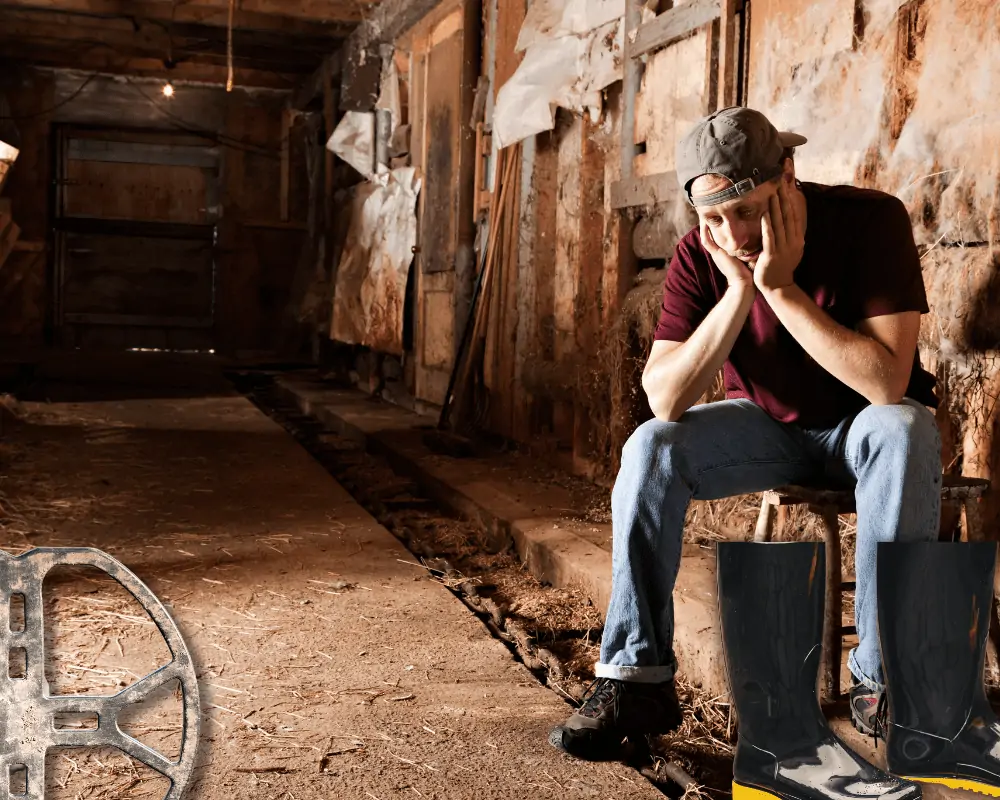
Like I said, the halo effect can be a good thing.
If you don’t have the strongest of metal detectors, or even if you do, depending on how far the water soaks in, you’ll be happy when that halo gives your search coil a temporary upgrade in the form of a few more inches of depth.
Is It Good to Metal Detect in the Rain?
Yes, it is good to metal detect in the rain.
Metal detecting in the rain provides benefits like softening the soil for easy digging, washing away the exterior layer of soil for better depth, and increasing the conductivity of the soil below (and any hidden treasures too).
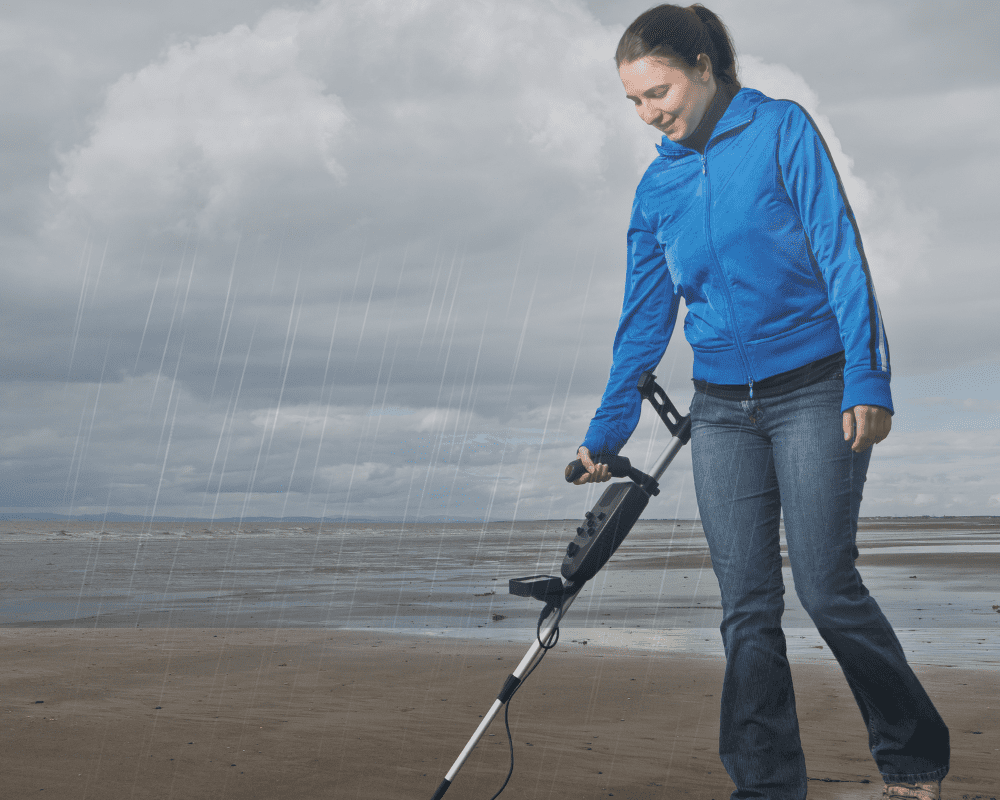
The only precaution or concern you should be thinking of is how protected are you and your equipment from the falling rain?
Maybe you don’t mind a little bit of April showers, but your electronics might.
Is your metal detector waterproof? If not…
You’ll want to make sure that you have a good metal detecting rain cover for your metal detector, as well as any other gear you are using.
Your control box is especially vulnerable to water damage and you’ll want to keep it nice and dry if you hope to get continued reliability out of it.
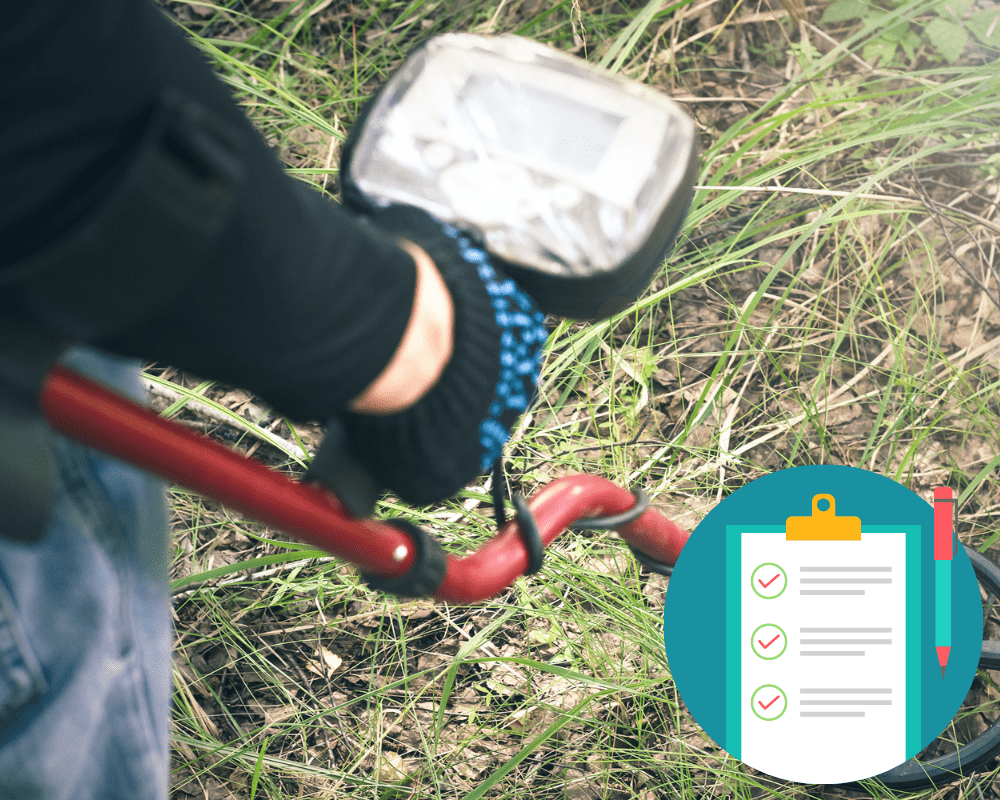
Also, consider using a good coil cover, not just for the rain but for most situations to avoid having any mud, dirt, or other debris damage your search coil.
Finally, think about bringing a change of clothes to avoid that cold ride home. A good pair of camo pants might be best in the mud as they won’t need much care afterward.
Best Ground Conditions for Metal Detectors
Generally, metal detectors work best in loamy soils.
This type of soil is a mix of sand, silt, and clay and usually has the perfect balance of moisture for metal detecting.
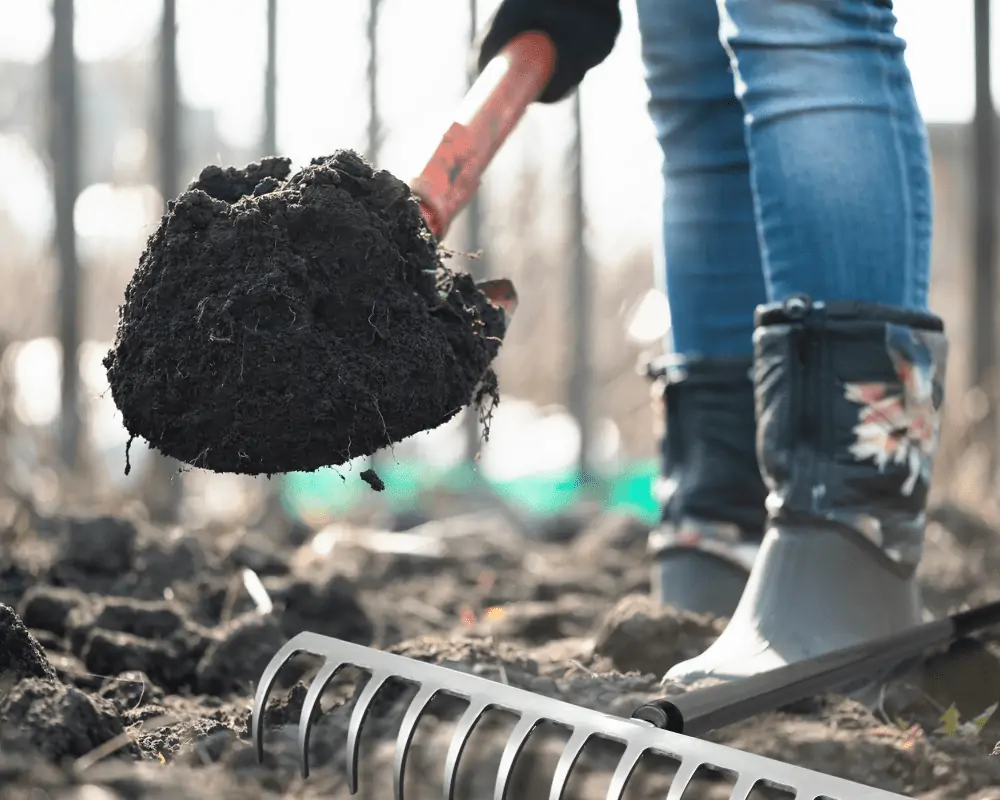
The moisture allows your metal detector to penetrate the ground easily while providing enough resistance to get an accurate reading.
But let’s be honest. Loamy soil is not the kind of soil you’ll be detecting in most situations. So the next best thing is wet ground.
For all the reasons we have already discussed, wet ground can really impact the kind of day you’re going to have.
If the ground is too wet and downright sloppy mud, you may find some treasures, but digging it up will be an entirely different kind of adventure.
The clay will just gum up everything and you’ll be lucky if you don’t end the day with a good layer of caked-on dirt on your clothes and equipment.
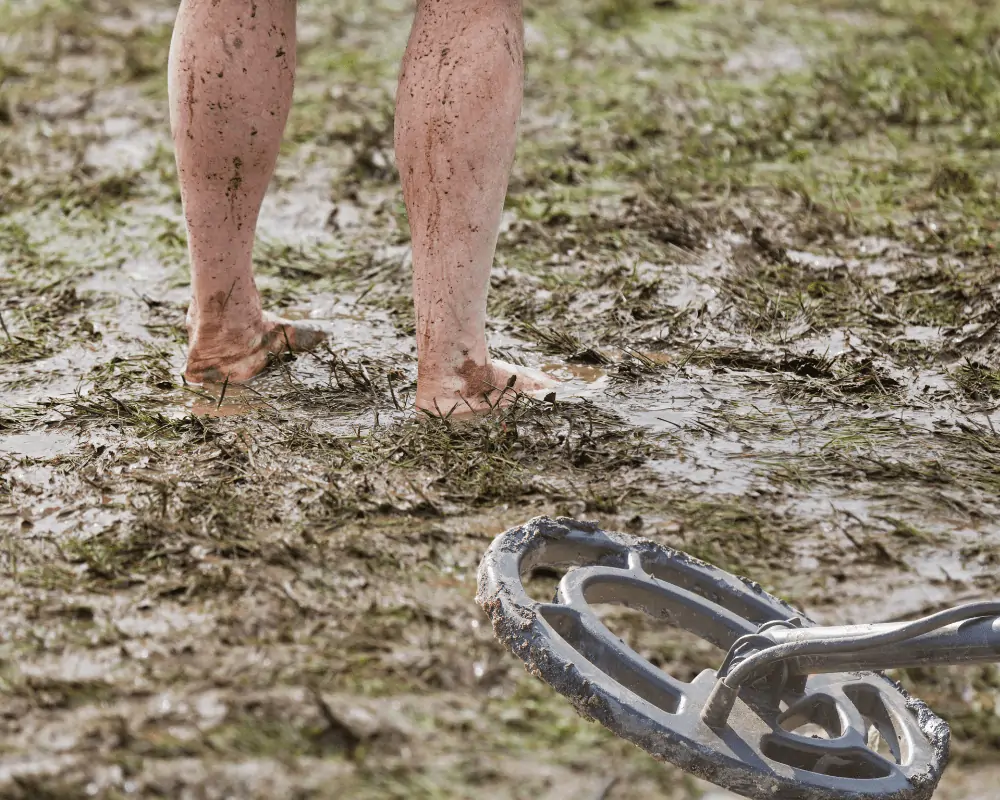
On the other hand, if the ground is only slightly wet or even damp, this can actually be perfect for metal detecting.
As we’ve already mentioned, the wet soil will amplify the signal your metal detector is receiving from below.
But a huge time and energy saver is provided from the looser soil. The ground will be easy to dig, yet not so wet that it’s difficult to keep your balance or grip on your metal detector and other gear.
Uncovering your lost treasures from the bowels of history will feel easier than ever.
Tips for Detecting on Wet Ground
If you’re headed out to the rain-soaked grounds of a new site or some other area where you anticipate a moist earth, we’ve got some final words of wisdom to help along the way.

Maybe your own experience has taught you plenty of lessons, but it never hurts to repeat. I can’t count the number of times I’ve left the house without something I regretted later.
I’m talking really simple stuff, like the coil cover I left out in the garage after my last hunt.
Don’t forget to come prepared
If you don’t have a waterproof metal detector, grab your coil cover and control box cover to keep everything in top shape.
An extra pair of clothes is always a good idea.
And don’t forget some rain boots for those really nasty farms and fields.
Don’t give up too soon

With the ground wet, keep in mind that you’ll be hitting on some signals from the halo effect.
If you start digging and come up empty-handed, don’t get frustrated. The metal may be just a few inches deeper than you first thought.
Try using a pinpointer to narrow down the signal, or just wave your detector over each lump of fresh soil you dig out.
You’ll find it eventually.
Bring the right metal detector
For metal detecting in the rain, you’ll want a metal detector that is lightweight and easy to handle. It may not sound like a big deal, but once your clothes start gaining some extra weight from the rain, everything will start feeling heavier.
If you’re dealing with salt water, make sure you have a metal detector that is specifically designed for that type of terrain.
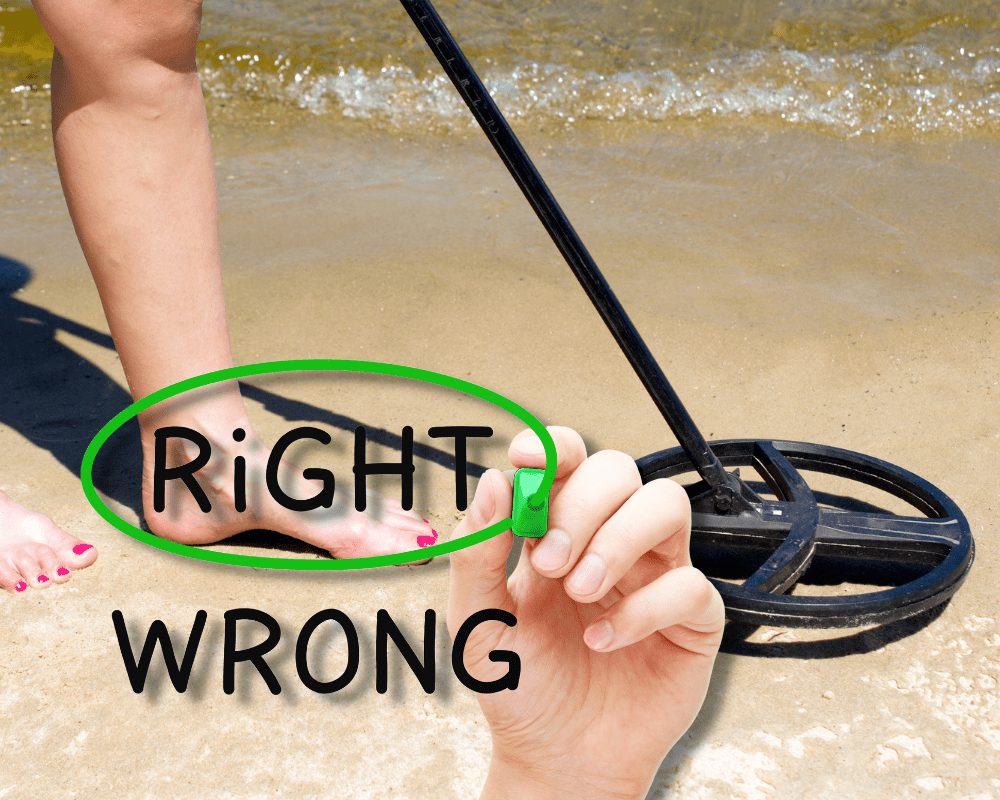
Saltwater adds an extra element that regular rainwater doesn’t. Saltwater is full of heavy mineralization that can make your metal detector go crazy.
If you plan on metal detecting along the crashing waves of a beach, I’d suggest using a pulse induction metal detector. They’re better equipped to handle the additional salt.
Otherwise, any old very low frequency (VLF) detector will be just fine.
For more metal detecting tips, don’t forget to check out our post on the best metal detector tips for all experience levels.
The Bottom Line
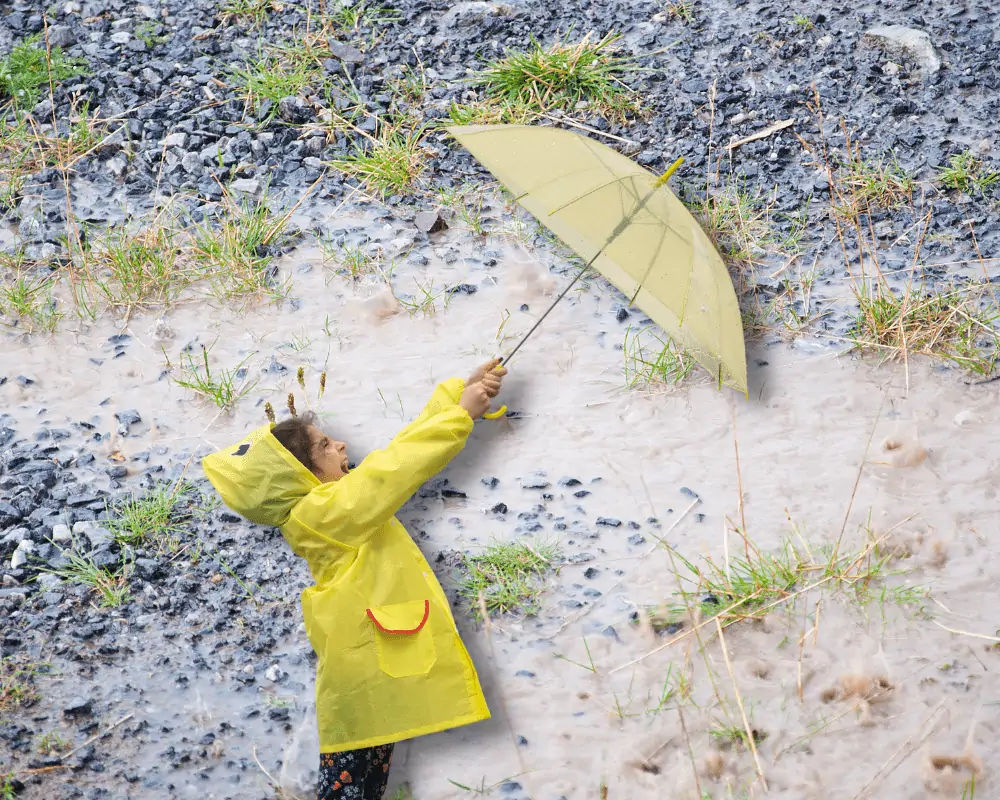
Metal detectors work best when the ground is wet because conductivity increases, the halo effect is more pronounced, and metal is easier to detect.
Whether you plan on going out in the rain or waiting until it stops, there really isn’t a better time to go treasure hunting. The wet ground gives you the best possible conditions you could hope for.
And before you go, be sure to pack everything you need…
…and have fun!



